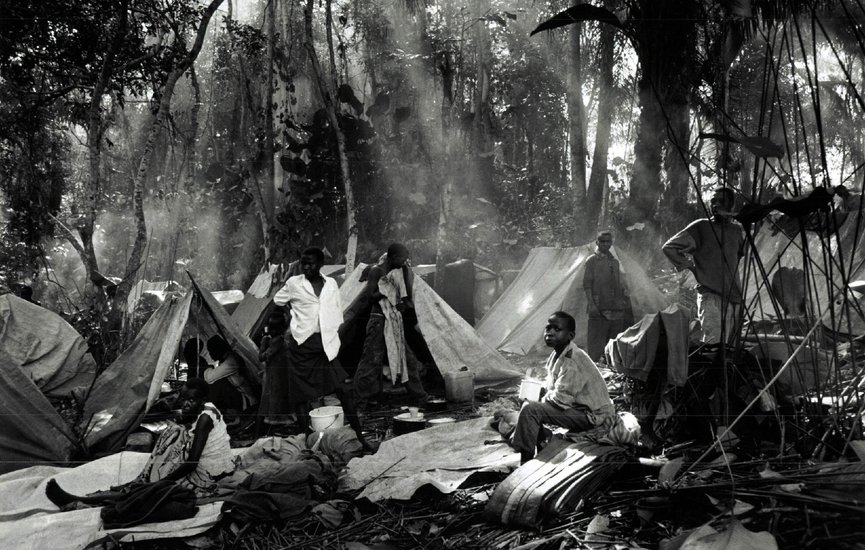On August 22, 1997, the world turned away from a tragedy that remains one of the most silent scars of Africa’s past. Thousands of Congolese Tutsi refugees, fleeing the flames of war and persecution, were left stranded in a state of limbo, caught between borders, survival, and abandonment. They were displaced not just from their homes, but from recognition, from dignity, and from the right to be remembered.
For nearly three decades, their story has lived on in whispers. Children have grown up in camps without knowing the warmth of a permanent home. Parents have carried the burden of exile with unshaken resilience, hoping for a day when belonging would no longer feel like a dream deferred. Generations have been lost in the shadows of politics, while the cries of a people continued to echo across the continent.
This is not just a Congolese tragedy; however, it is an African one. It reminds us that the struggle for justice and humanity does not end when the guns go silent. True peace requires memory, healing, and the courage to lift those voices that history has tried to erase. The story of the Congolese Tutsi refugees is part of our collective African story: a story of resilience under fire, of survival when the world looks away, and of the eternal hope for recognition and return.
As Africa rises in unity and strength, we must not forget the broken paths behind us. Our solidarity means nothing if it does not include those who remain unseen and unheard. To love Africa is to love all its people, regardless of past, present, and future. And until we embrace the forgotten as part of us, our continent’s promise will remain unfinished.
Because every African story matters, and in remembering each other, we keep the flame of Africa’s love alive.
